Political positions of CIPRA International
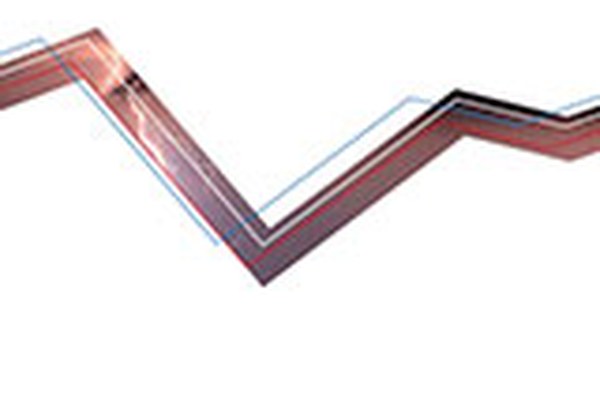
cc.alps: CIPRA Demands on Energy
In order to limit global warming, first of all it is important that we use energy more efficiently. Yet this will not be enough for operating in a way that climate can sustain. We must radically change our energy consumption and our consumption of energy-intensive goods and services. Experience shows that consumption only goes down when clear political signals are sent - which include legislative initiatives, rewarding energy saving and punishing waste. The switch from fossil to renewable energies must be forced - but not to the detriment of nature. Biomass production, the installation of wind power turbines and new hydroelectric power stations in the Alps hide many potential conflicts. The environmental, social and economic consequences of climate projects must be carefully assessed and compared.
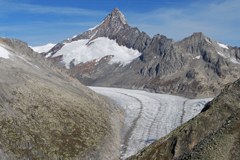
Resolution of Bolzano
"During this conference CIPRA expressed its strong expectations with regard to the outcome of the 15th Conference of the Contracting Parties of the United Nations Framework Convention on Climate Change, to be held in Copenhagen in December 2009. Further more, CIPRA calls upon the governments of the Alpine countries and upon those of the main industrialised countries, to show extraordinary commitment to achieve a distinct acceleration in climate change prevention policies at the global meeting in Copenhagen, in the light of new evidence and the confirmation of the seriousness of the phenomenon."
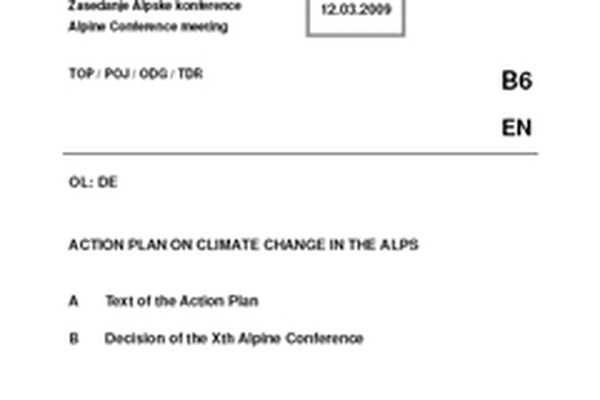
Action Plan on Climate Change in the Alps
The Action Plan following the Ministers' Declaration of Alpbach rests on the joint commitments taken by the Alpine countries which fall under the Framework Convention on climate change and the Kyoto Protocol. This Action Plan is part of the ongoing discussions to reach a comprehensive and ambitious post-2012 agreement and takes into account the commitments made in this regard by the European Union. Its aim is to go beyond the general framework to offer concrete measures that are specific to the Alps by promoting, both in terms of mitigation and adaptation, themes and measures that could be the subject of regional co-operations in the frame of the Alpine Convention, and by taking into account actions that are already in place on a national, regional and local level. The Action Plan on Climate contributes to both the global effort aiming at reducing greenhouse effect following international commitments by the Contracting Parties and to the quality of life of Alpine populations for present and future generations.
News on Alpine Politics
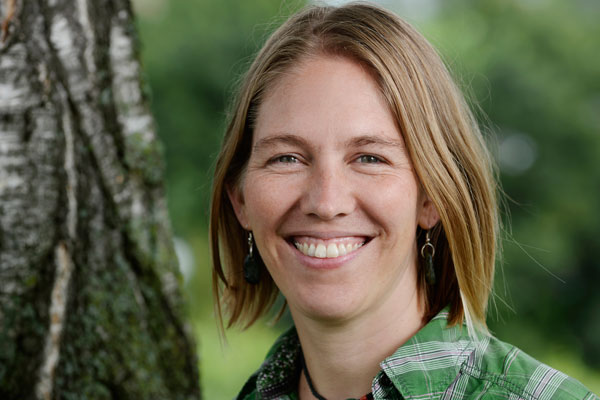
alpMedia
Point of view: who will fill the macro-regional Alpine house with life?
Just as in the building of a house, the inhabitants are the most important persons involved in the Alpine macro-region. But, eight weeks after the start of the process, states and regions have yet to indicate to the representatives of civil society whether they may contribute. R.S.V.P.

alpMedia | Schaan, LI
We are the macro-region Alps
On 19 December 2013 the European Council will decide whether there should be a European strategy for the Alpine space. States and regions have been working for months on an appropriate proposal - while excluding representatives of civil society. Why the alpine macro-region needs the science, NGOs and municipalities.

alpMedia | Schaan, LI
NGOs demand participation in the Alpine macro-region
Observer organisations of the Alpine Convention are bewildered at their exclusion from the Alpine macro-region. They are demanding their inclusion in the ongoing process for a macro-regional Alpine strategy.

alpMedia | Schaan, LI
Who will shape the Alpine macro-region?
With its "Alpen.Leben" (Living in the Alps) project, CIPRA Austria is sounding out the role of the Alpine Convention for a macro-regional strategy and is asking who should actually have a say in shaping this European Union strategy for the Alps.
Standpunkte der CIPRA

Point of view: A "man's world" and "women's work": time to move on
Equal opportunities are still a women’s topic . Yet there are sufficient reasons to treat it as an issue for society as a whole. Everyone benefits – especially in the Alps, believes Barbara Wülser, deputy director of CIPRA International.
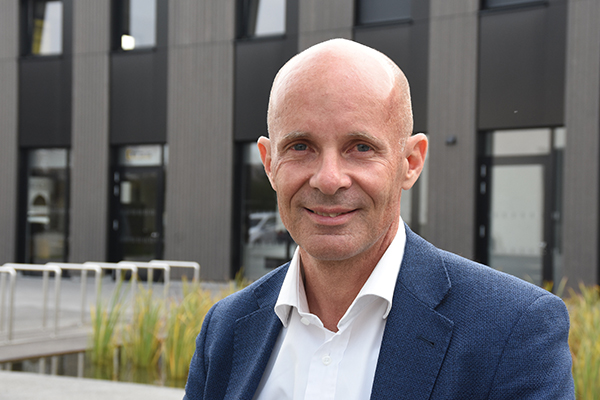
Point of view: Adaptation to climate change is inevitable
Despite progress in international climate policy, a rise in temperatures is inevitable. An adaptation now will save costs later, states Wolfgang Pfefferkorn, project manager for climate and energy at CIPRA International. Alpine regions are leading the way.

Point of view: A strategy for people in the Alps
The European strategy for the Alps is intended to create new relationships between Alpine regions and the surrounding areas. This however requires oversight to ensure the reconciliation of interests as well as sustainable development, says Andreas Pichler, director of CIPRA international.